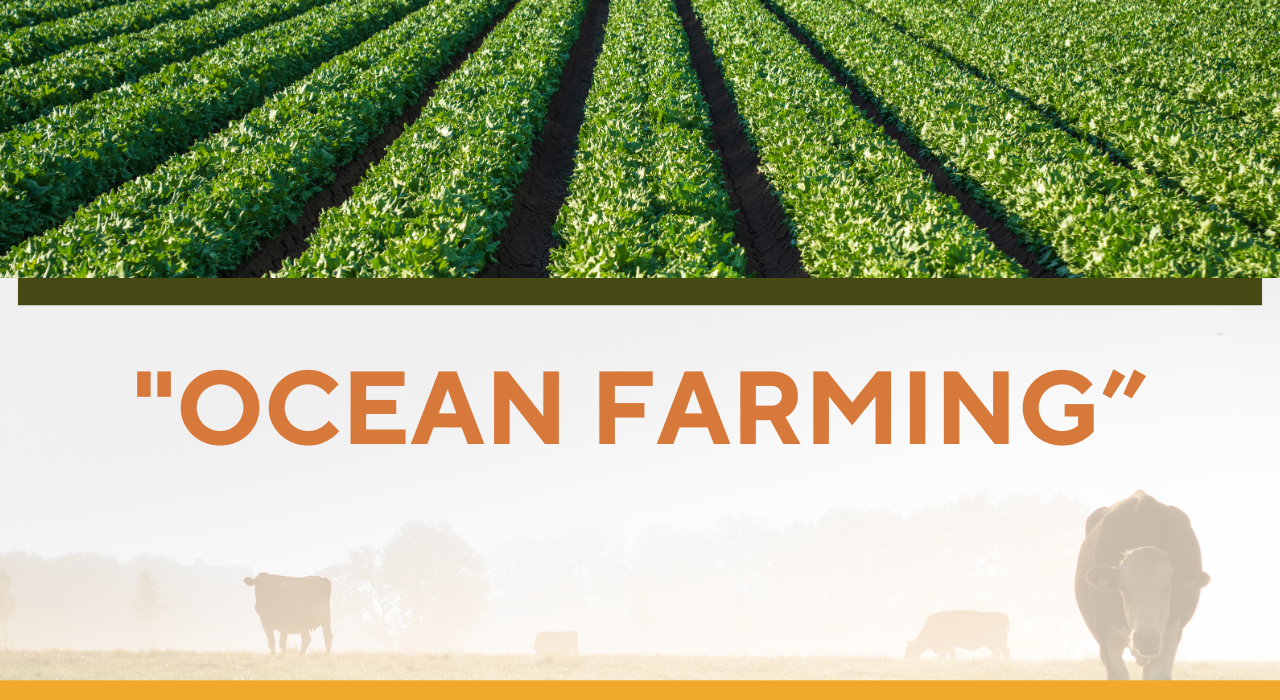As concerns about food security and environmental degradation grow worldwide, marine farming is emerging as a promising solution. By cultivating seaweed, shellfish and other marine organisms in underwater ecosystems, this innovative approach offers a sustainable alternative to traditional land-based farming.
link https://skblogbites.com/do-you-know-how-to-transform-your-side-hustle-into-a-full-fledged-business/
One of the major benefits of marine farming is its low environmental impact. For example, seaweed absorbs large amounts of carbon dioxide and nutrients from the water, helping to combat climate change and improve water quality. Additionally, marine farming does not require freshwater or fertilizers, reducing pressure on natural resources.
Shellfish farming, another component of marine farming, filters water while feeding, creating a healthier marine environment. As the demand for seafood continues to grow, marine farming presents a more efficient way to meet global food needs without further depleting wild fish stocks.
The potential for marine farming is huge, but there are challenges ahead. Issues such as marine pollution, regulatory barriers, and the need for technological innovation must be addressed to implement these solutions on a global scale. However, as research and investment in this area grows, ocean farming could play a vital role in providing food to the planet and protecting the oceans.
Ocean farming has a bright future, providing not only a sustainable food source but also an opportunity to restore marine ecosystems and reduce our carbon footprint. By adopting this practice, we get one step closer to a more resilient and environmentally friendly world.

1 thought on ““Ocean Farming: A Green Solution to Global Food Security””